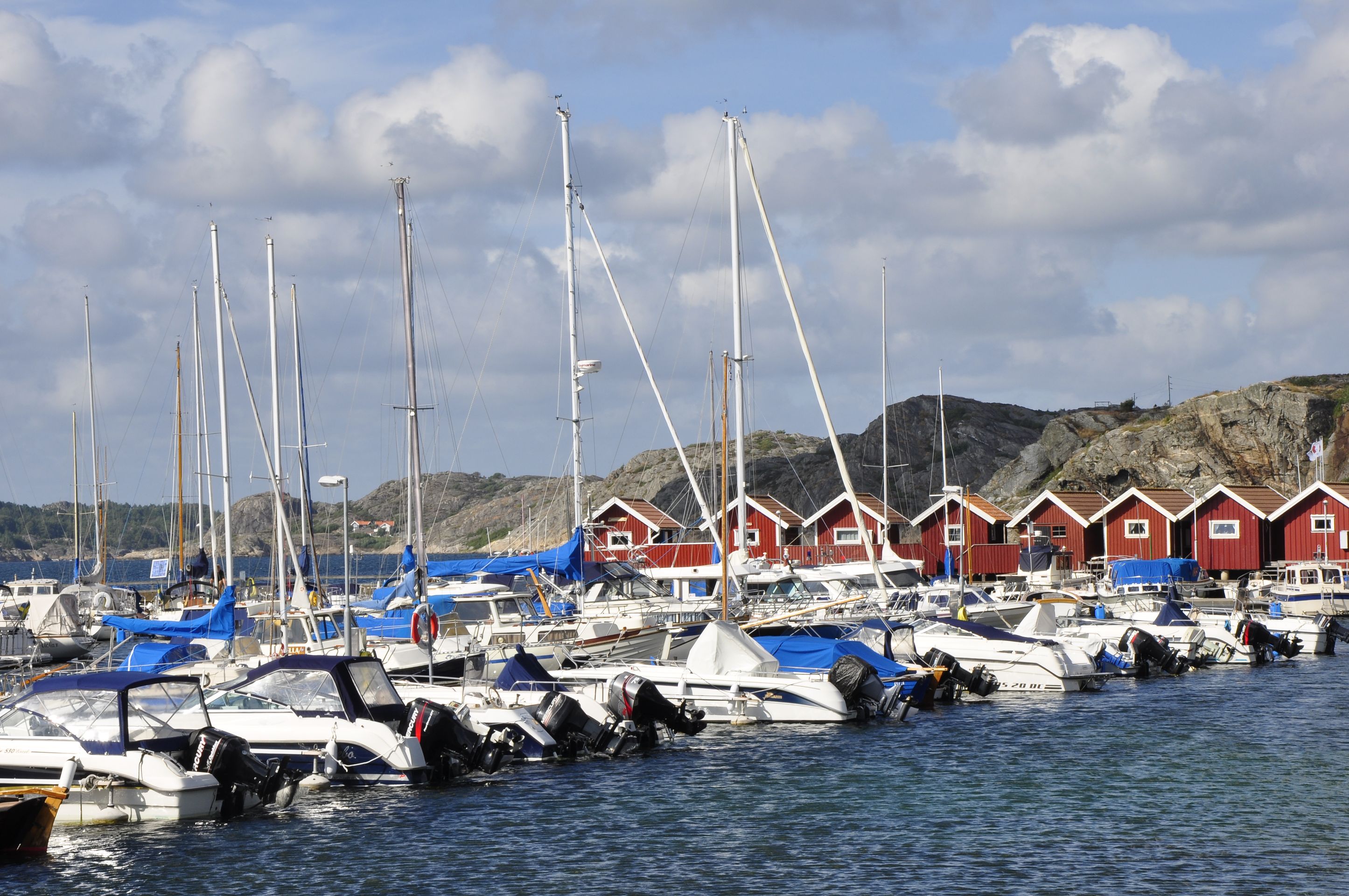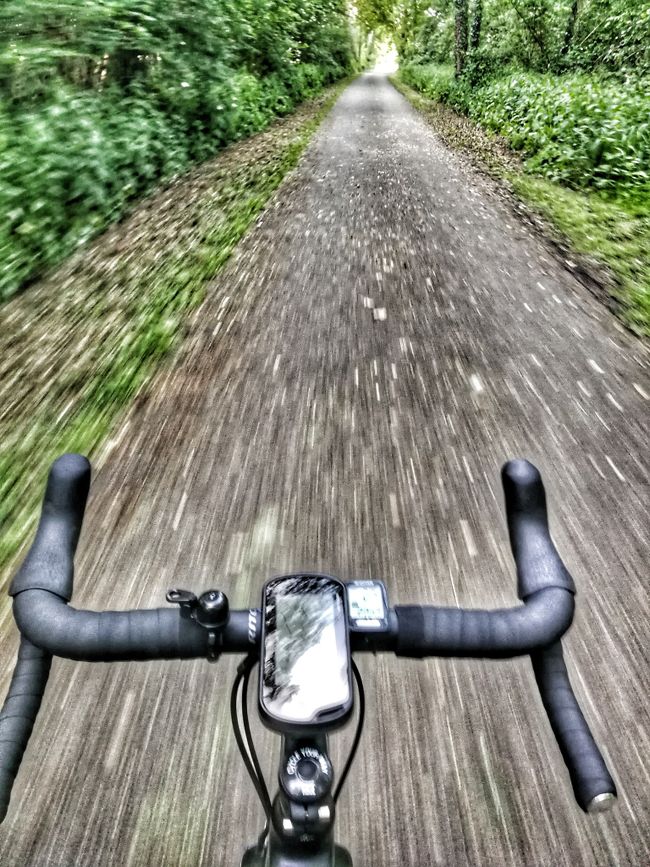Day 36, Helsinki (Closing Day)
Published: 25.06.2022
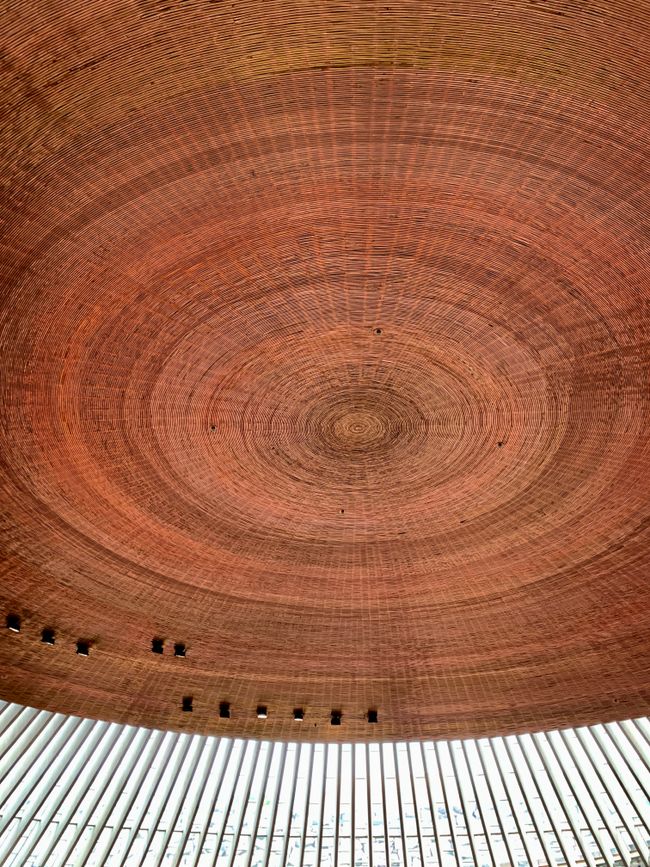
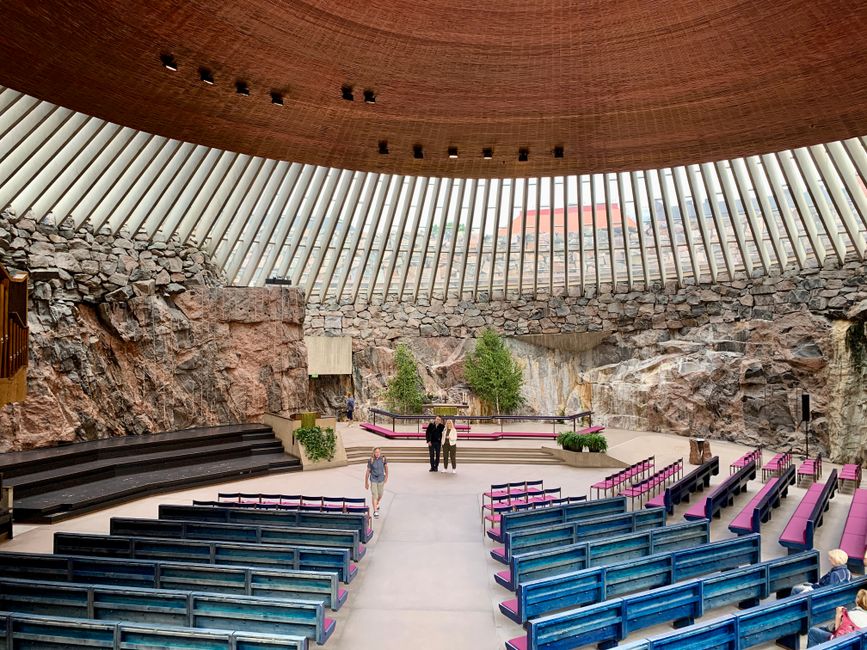
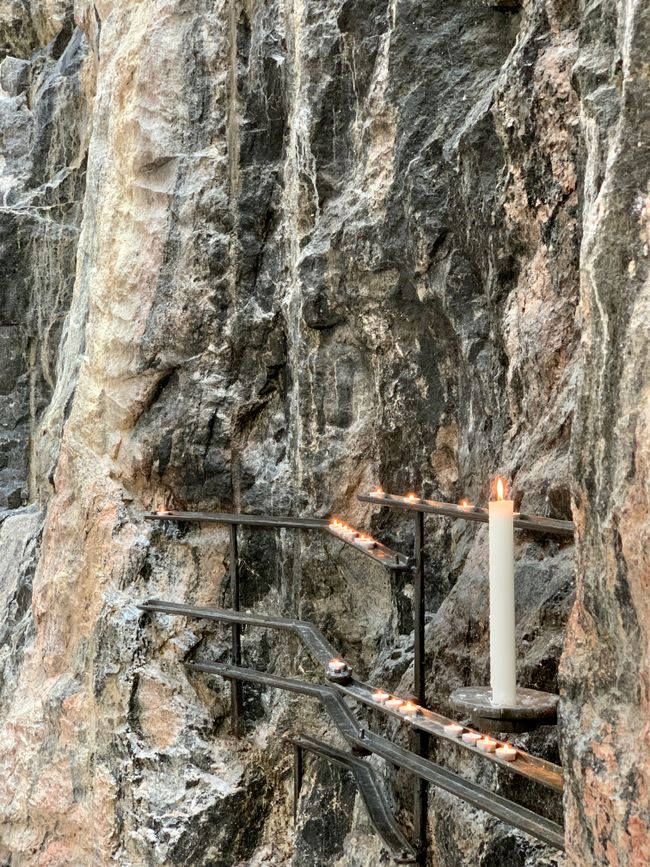
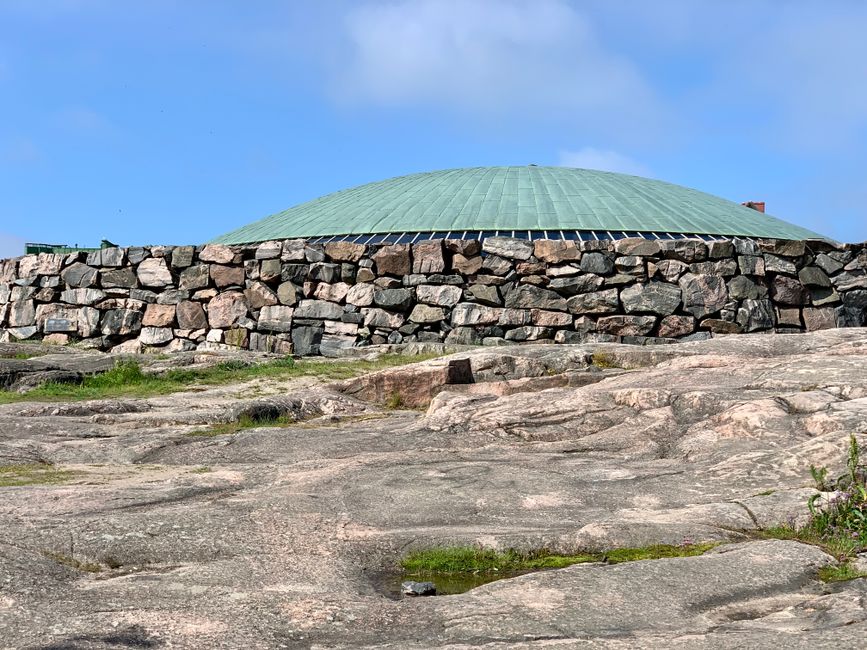
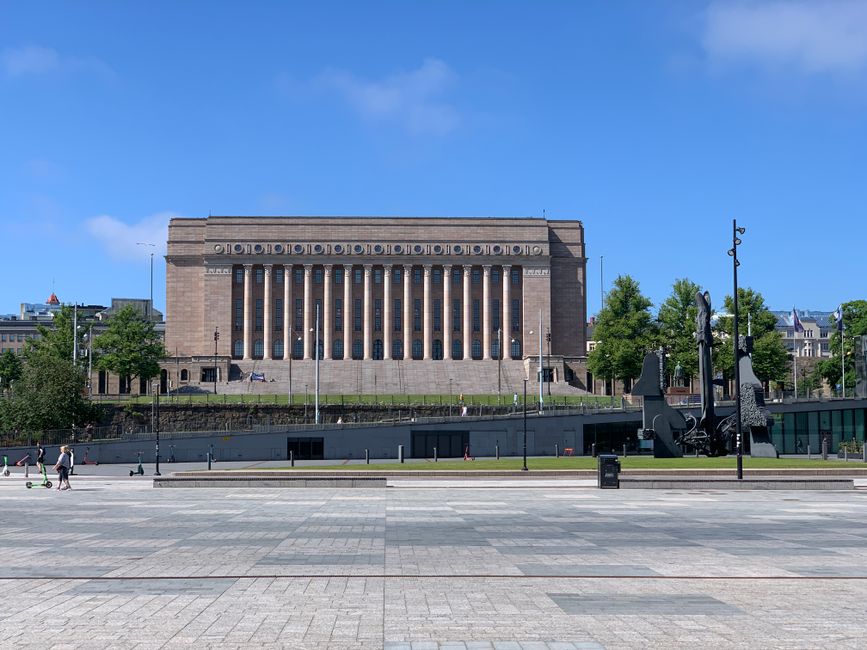
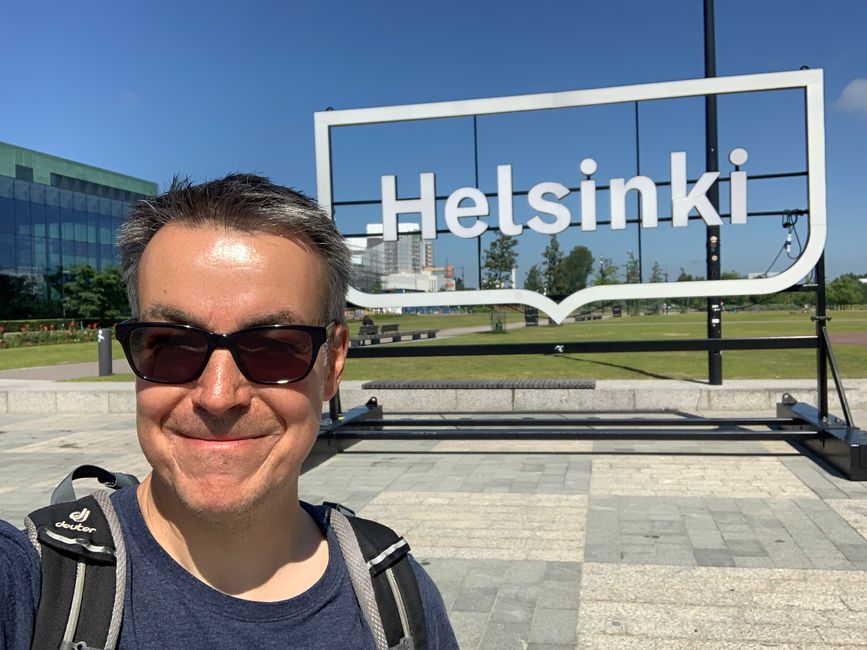
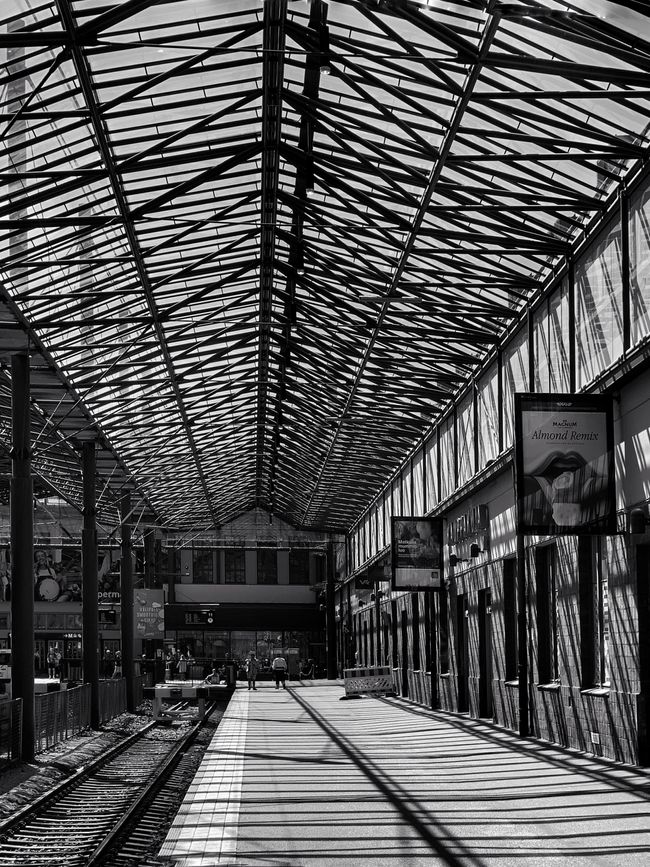
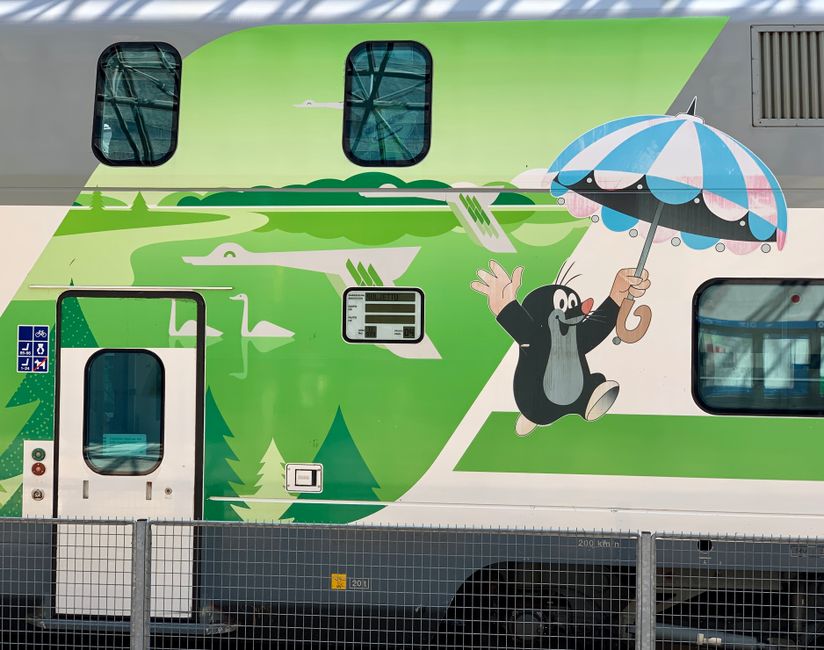
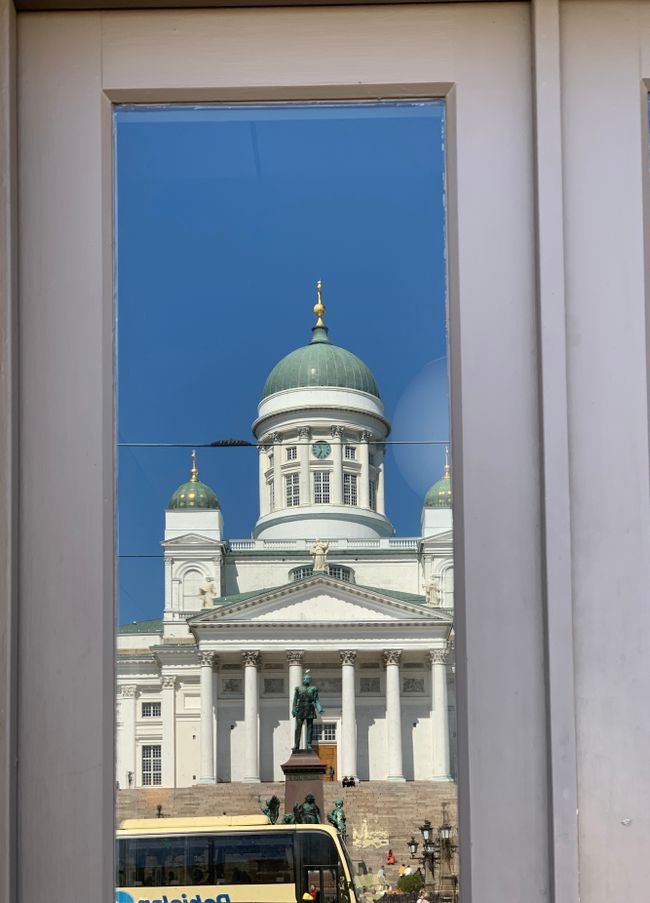
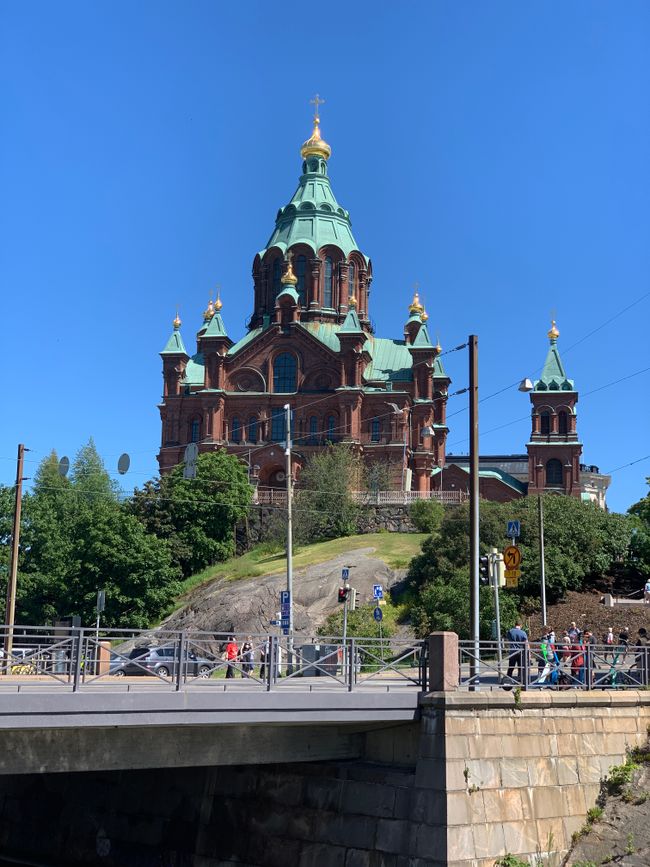
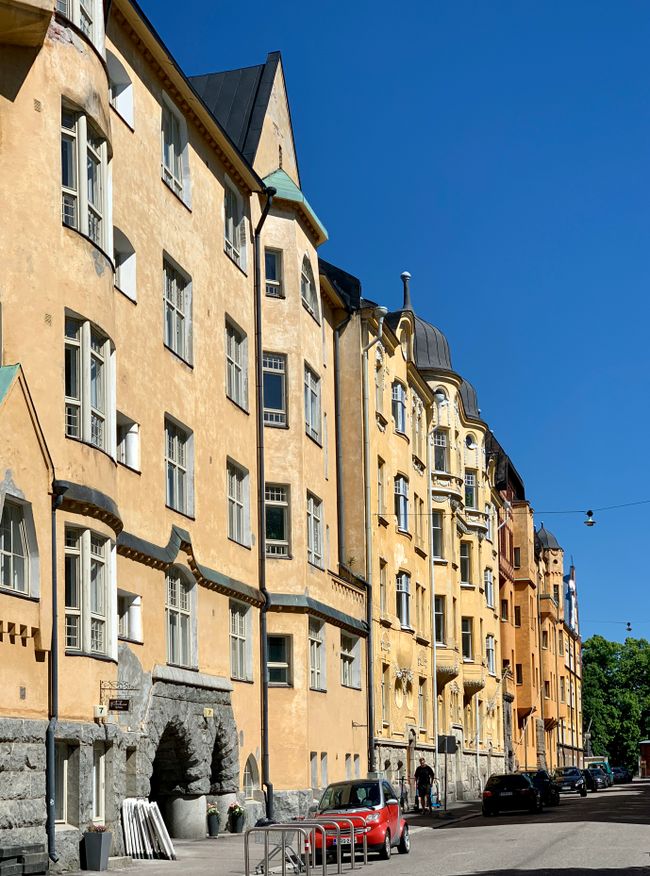
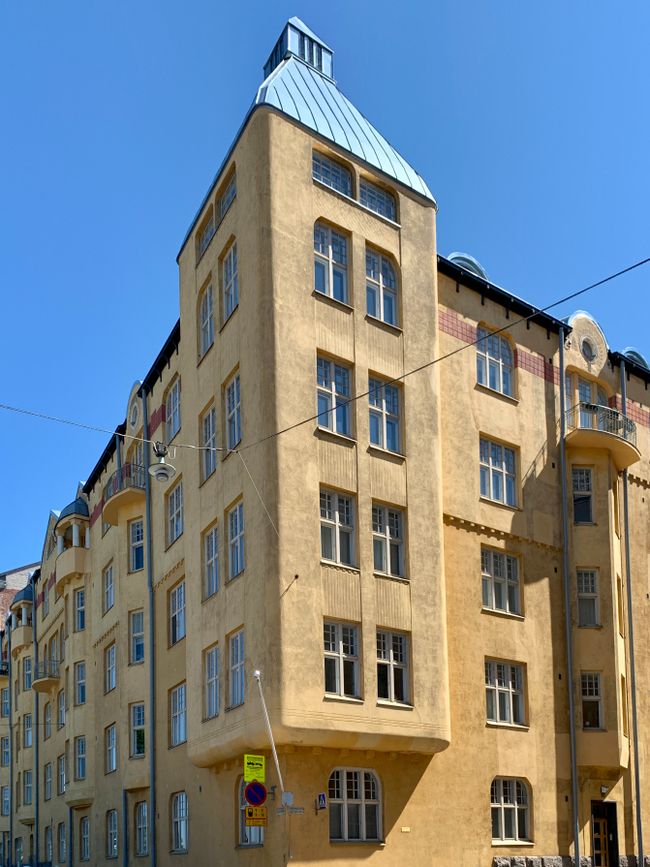
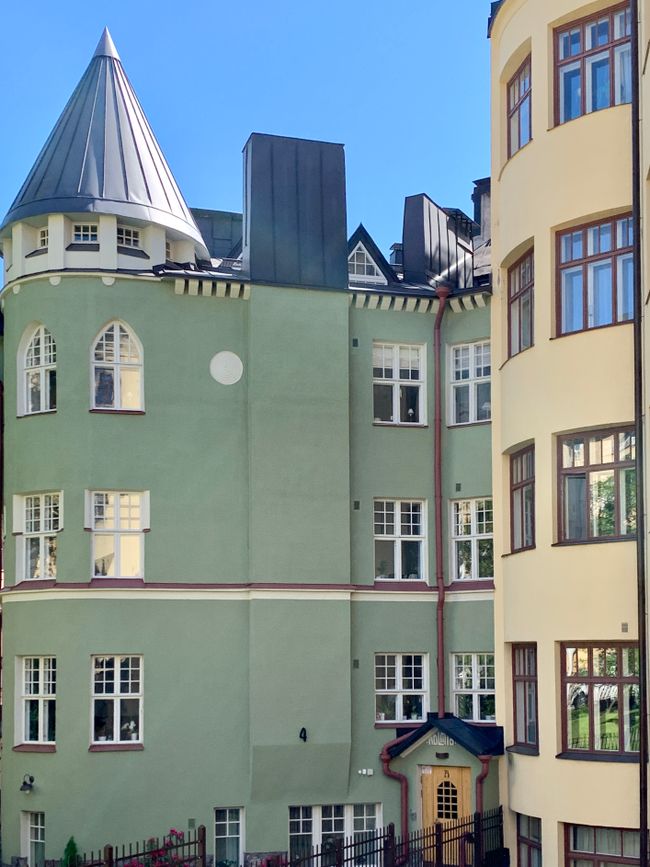
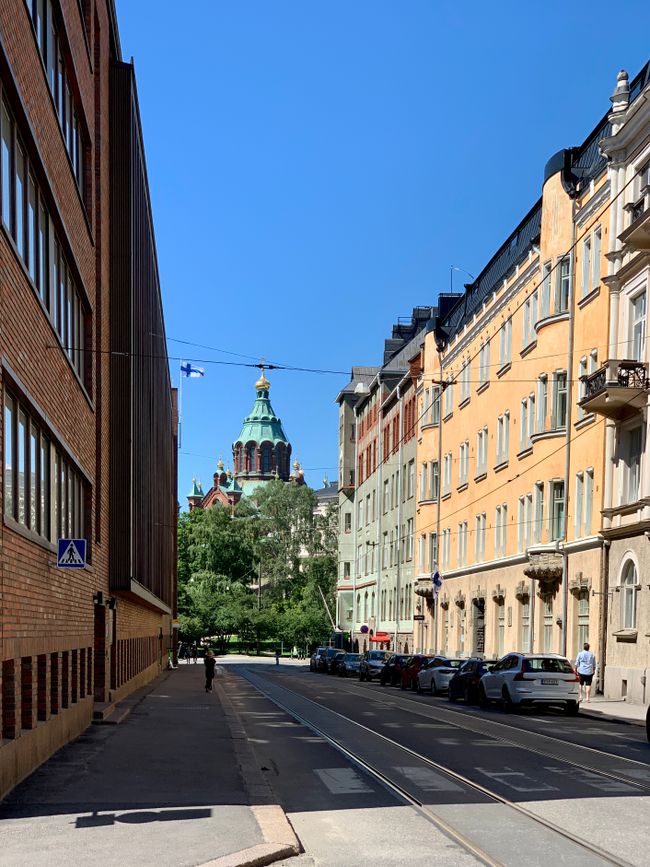
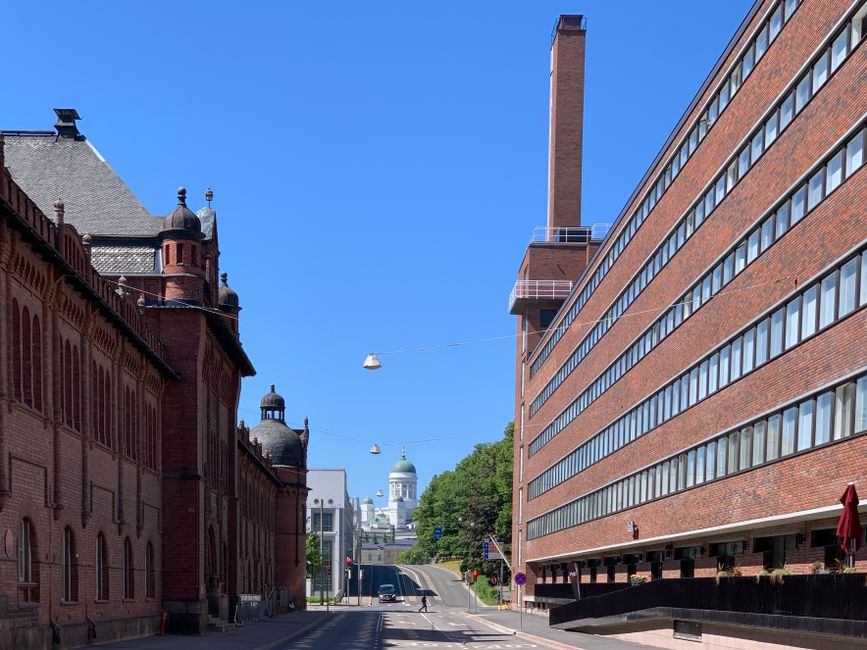
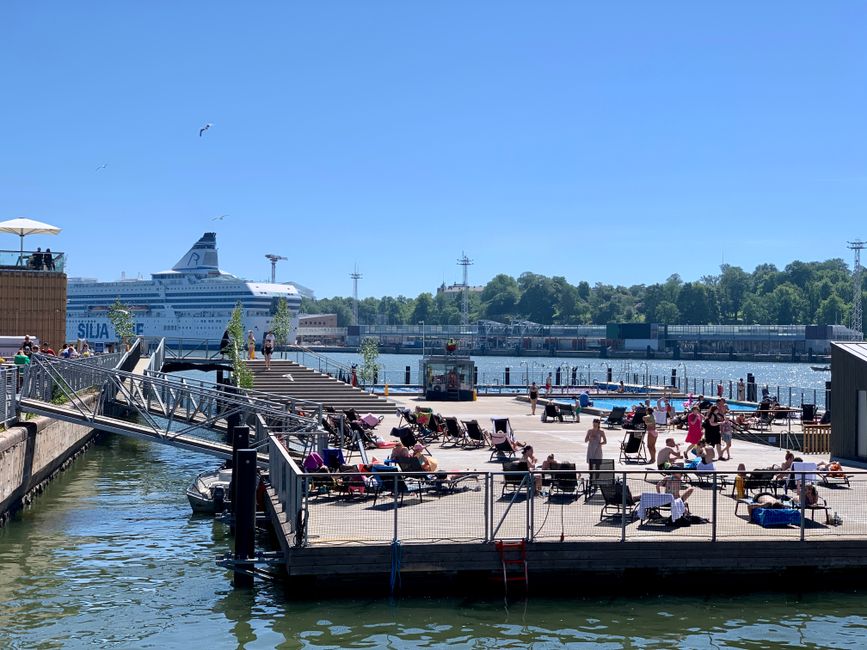
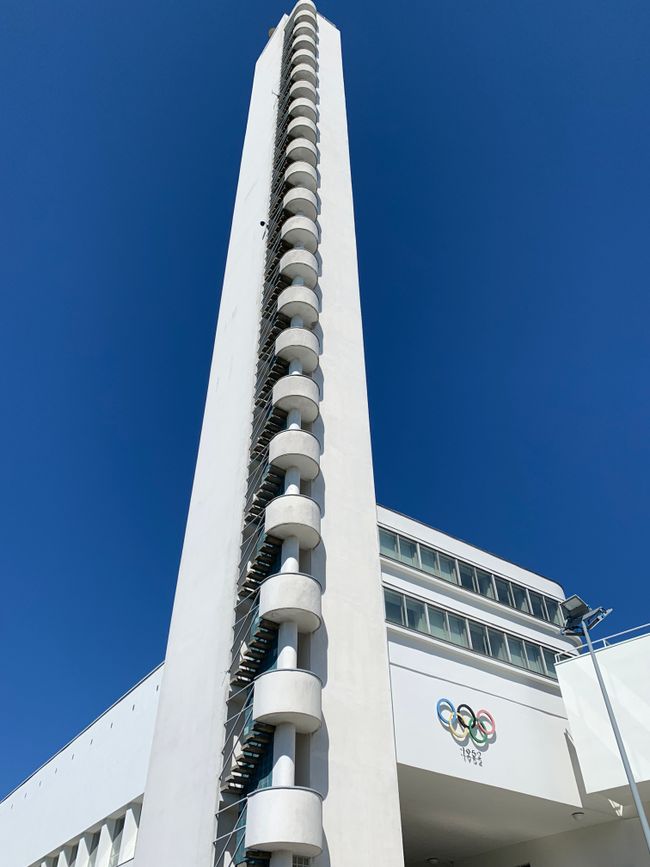
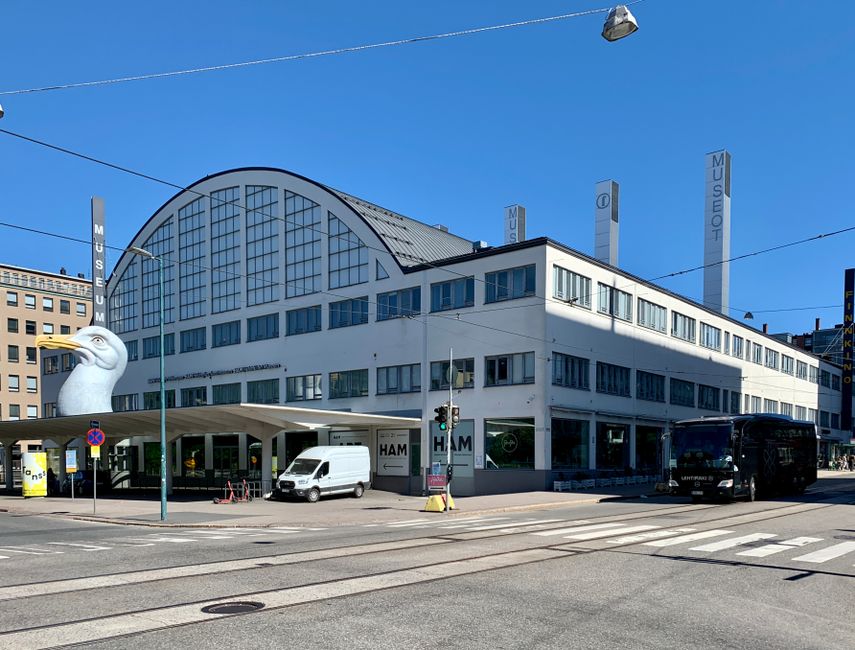
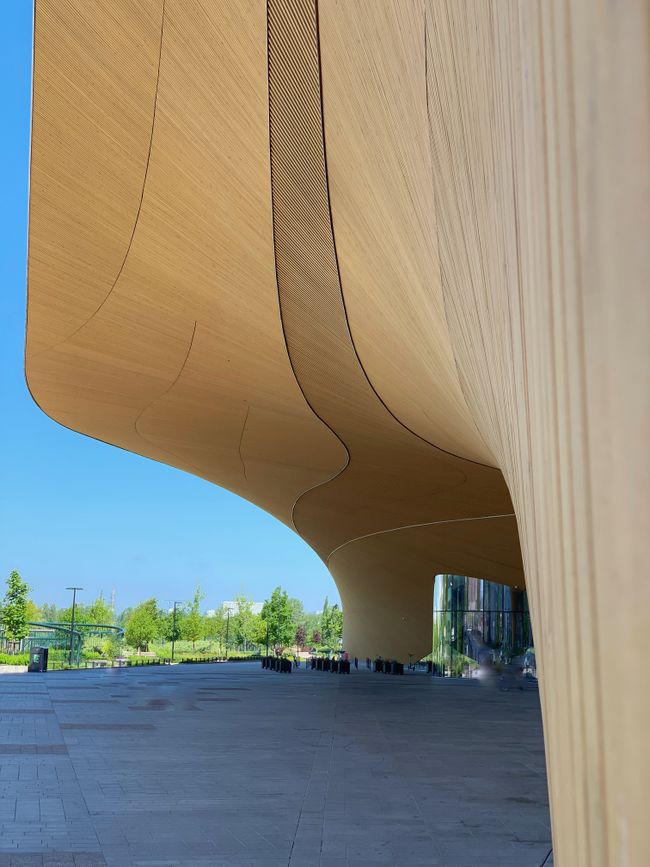
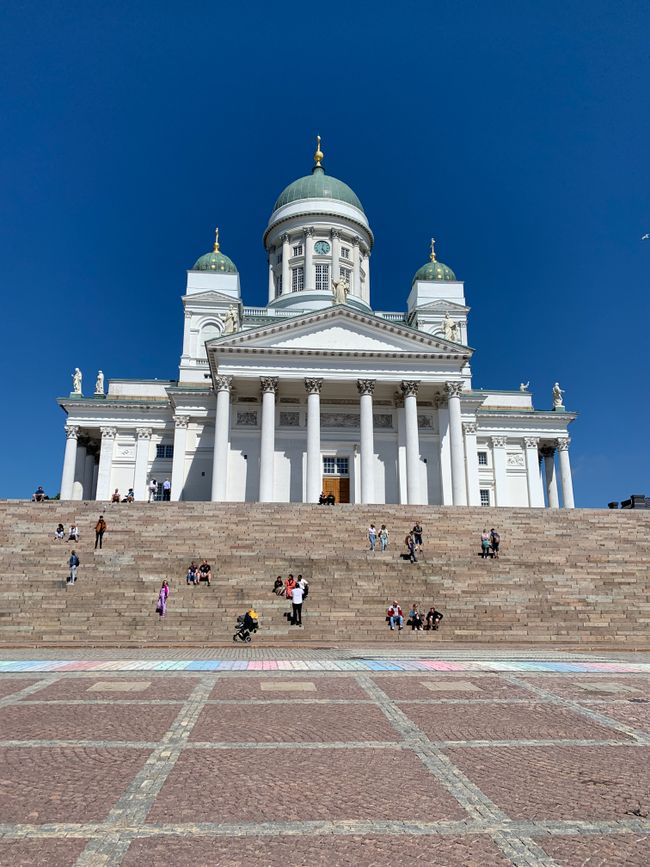
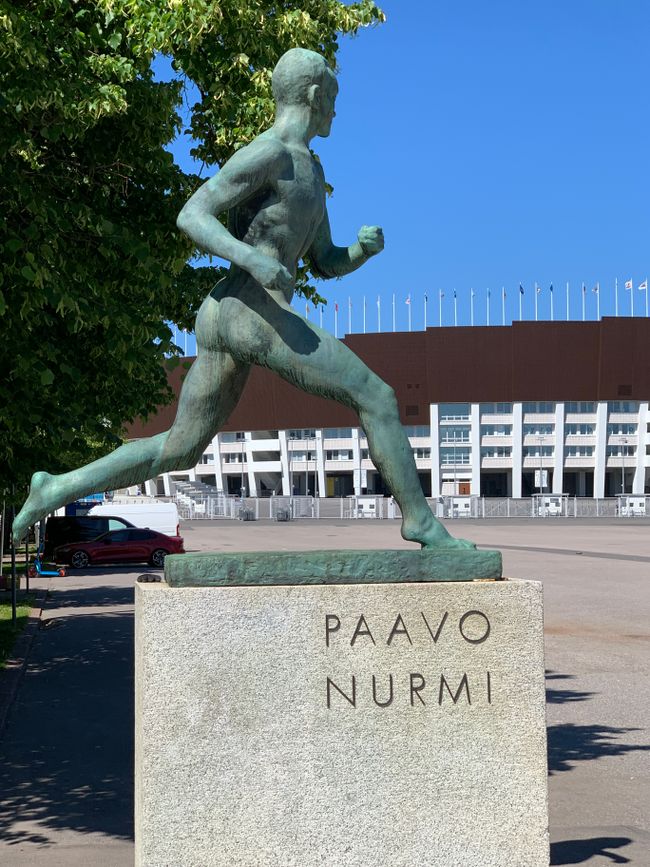
Subscribe to Newsletter
Today the bike stays parked and I explore on foot. The distances are manageable. Just around the corner from my accommodation is the Temppeliaukio Church, a rock church.

The church was designed by architects Timo and Tuomo Suomalainen and completed in 1969. It was built into a granite rock, but daylight enters through the copper roof with 180 windows. The church walls, five to eight meters high, are made of uncut rock.





A stone's throw away is the Russian Orthodox Cathedral of Helsinki. Russia had annexed Finland to its empire for a long time, and Finland only became independent again in 1917.

As I look around, a tour guide tells her cruise tourists about poverty and homelessness in Finland. In fact, I hadn't seen the usual homeless people even at Helsinki's main train station.
For about 15 years, Finland has been striving to prevent homelessness. The underlying idea is "housing first" and follows the principle that a stable home is the first and most important requirement for the successful social reintegration of people who have lost their roof over their heads for any reason. It emphasizes that a permanent home should be at the beginning, not the end, of the reintegration process. Since the 1980s, when Finland had about 20,000 homeless people, their number has decreased to just over 4,000. In Finnish statistics, those who sleep at relatives' or acquaintances' places but do not have their own registered address are also classified as homeless. This group makes up about 70 percent.
The Russian Orthodox Uspenski Cathedral is located in the Katajanokka district, which I also visit directly.




Outside the tourist hotspots during Midsummer, the streets are empty. Many locals have gone out to the countryside to their Mökki, a wooden summer cottage with a sauna.

This would have been a good opportunity for a swim in the city center.

Finally, I drive a bit out of the city and visit the Olympic Stadium. Helsinki hosted the Olympic Games in 1952.
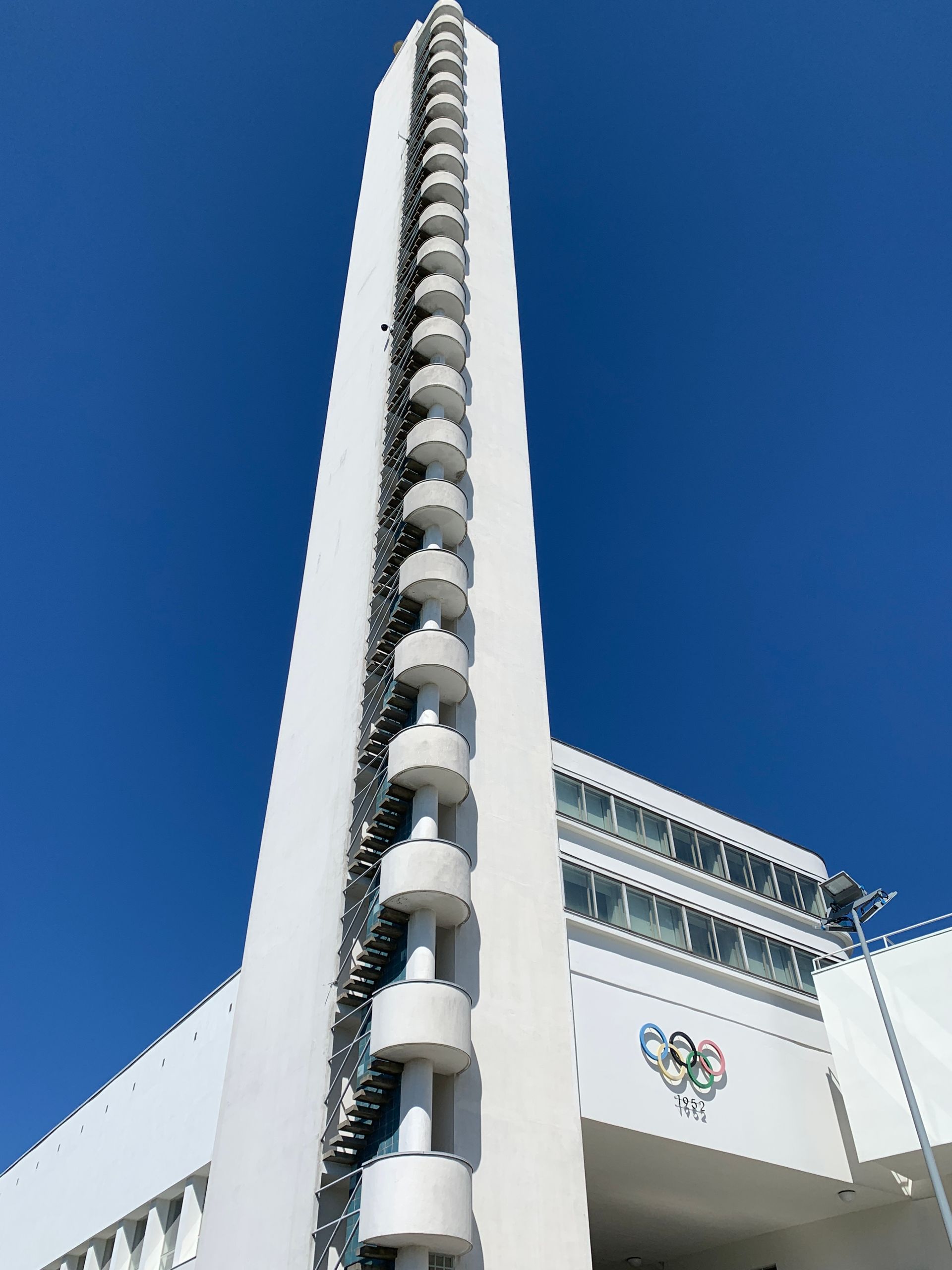
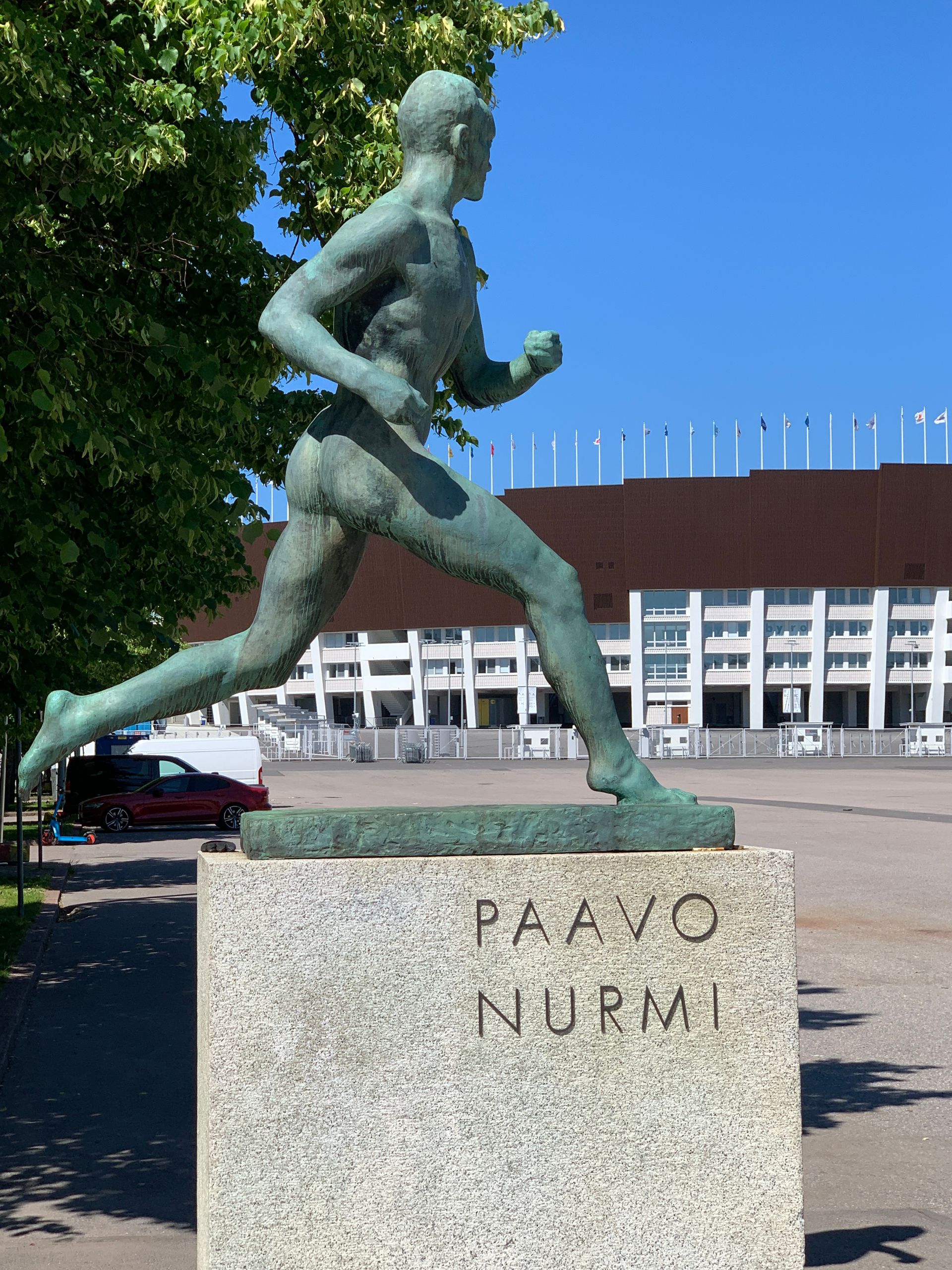
The Helsinki Art Museum (HAM) was built before World War II as a tennis hall (!), used for basketball competitions during the Olympics, then as a garage, and finally as a museum.
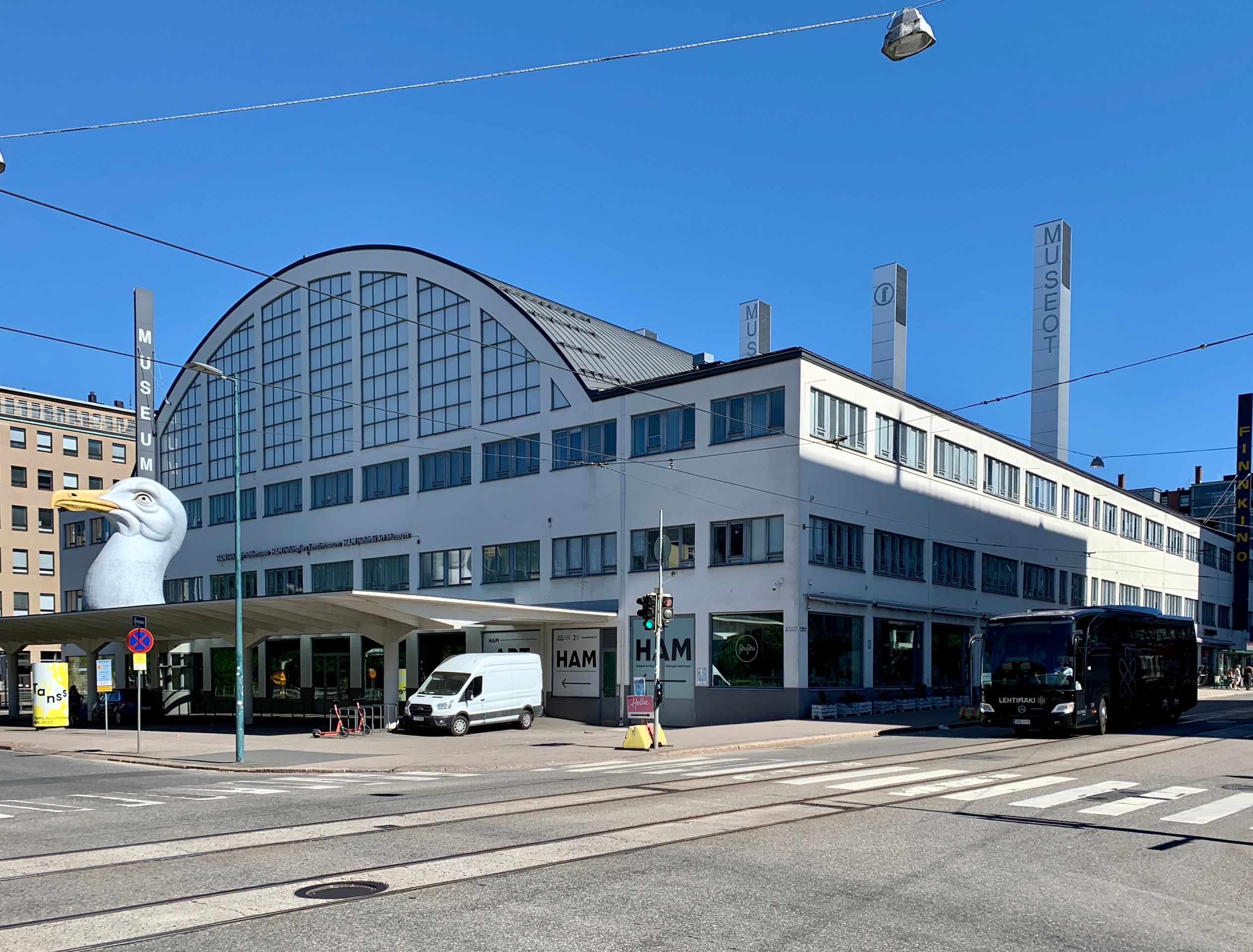
Tired but filled with many impressions, I end this beautiful day.
Subscribe to Newsletter
Answer
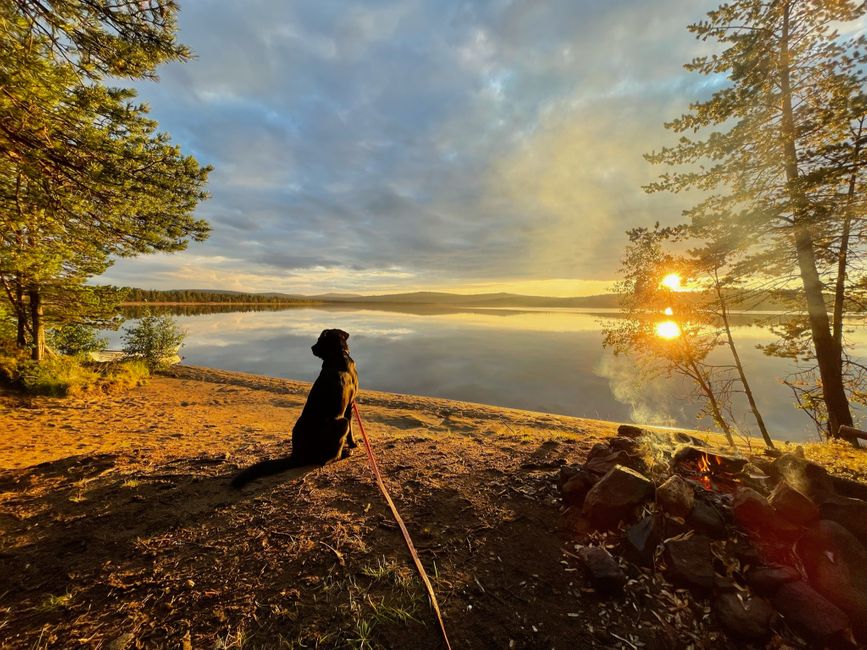
Travel reports Finland
